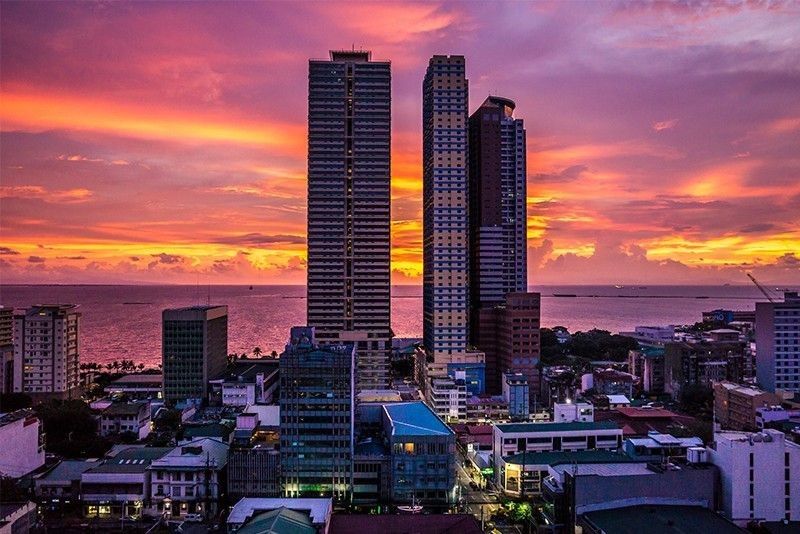Fitch unit sees more FDIs in Philippines
Lawrence Agcaoili
The Philippine Star
28 July 2019
Tax reform, free trade deals expected to provide boost
MANILA, Philippines — The tax reform program in the country is seen boosting the country’s chances of bagging more foreign direct investments (FDI) , according to the research arm of the Fitch Group. |
In its latest industry trend analysis, Fitch Solutions Macro Research said tax reforms in the Philippines would attract foreign investments particularly in the field of medical devices..File
|
“The tax reform program in the Philippines will boost the country’s attractiveness and encourage foreign investment. The Philippines currently has the second highest corporate tax rate in East And Southeast Asia,” Fitch Solutions said.
Under the proposed tax reforms, the government intends to reduce corporate tax to 20 percent from 30 percent over 10 years from 2021, as well as reducing the number of capital income tax rates to 42 from 80.
“We believe that this will benefit medical device companies and boost foreign investment, as the tax reforms promote a more business friendly environment in the Philippines,” Fitch Solutions said.
The free trade agreements (FTAs) are also seen further boosting the country’s competitiveness and ease of trading for businesses.
For one, Trade Secretary Ramon Lopez held talks with Terumo last March to discuss the company’s plans to expand production of IV catheters at its manufacturing plant in Laguna Technopark in Biñan, Laguna.
This follows the approval of the Tax Reform for Acceleration and Inclusion Package 2 (TRAIN-2) in 2018, and as of 2019, the Duterte administration has remained optimistic that all packages of the proposed comprehensive tax reform program will be approved by 2020.
“On the other hand, the extent to which companies will benefit from the tax reforms will be limited by the proposed changes in investment incentives. We note that there have already been reports of some firms putting on hold their planned investments amid concerns of the proposed changes in the incentives regime,” it said.
Fitch Solutions said the changes include shortening income tax holidays for companies, as well as removing the five percent tax incentive on gross income earned, which companies registered with the Philippine Economic Zone Authority (PEZA) can claim.
“Businesses investing in the Philippines will benefit from a broad range of FTAs. Regional trade for medical device companies in the Philippines is facilitated by the country’s membership of the ASEAN, which has reduced or removed tariff and non-tariff trade barriers for most goods in recent years,” it said.
The ASEAN has also inked FTAs with some of the Philippines’ major trade partners, including China, Japan and South Korea. This will continue to boost the country’s competitiveness and ease the trading process for businesses, making it a more attractive destination for medical device companies.
The free trade agreements (FTAs) are also seen further boosting the country’s competitiveness and ease of trading for businesses.
For one, Trade Secretary Ramon Lopez held talks with Terumo last March to discuss the company’s plans to expand production of IV catheters at its manufacturing plant in Laguna Technopark in Biñan, Laguna.
“On the other hand, the extent to which companies will benefit from the tax reforms will be limited by the proposed changes in investment incentives. We note that there have already been reports of some firms putting on hold their planned investments amid concerns of the proposed changes in the incentives regime,” it said.
Fitch Solutions said the changes include shortening income tax holidays for companies, as well as removing the five percent tax incentive on gross income earned, which companies registered with the Philippine Economic Zone Authority (PEZA) can claim.
“Businesses investing in the Philippines will benefit from a broad range of FTAs. Regional trade for medical device companies in the Philippines is facilitated by the country’s membership of the ASEAN, which has reduced or removed tariff and non-tariff trade barriers for most goods in recent years,” it said.
The ASEAN has also inked FTAs with some of the Philippines’ major trade partners, including China, Japan and South Korea. This will continue to boost the country’s competitiveness and ease the trading process for businesses, making it a more attractive destination for medical device companies.


No comments:
Post a Comment